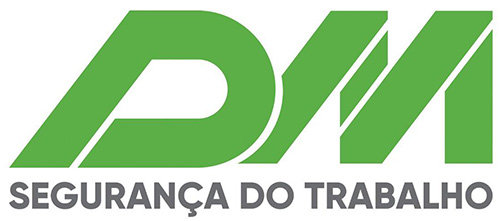As a company, you may have to offer convertible agreements to investors and shareholders as a means of raising equity. These agreements convert debt or other securities into equity over a period of time, usually when the company reaches a certain milestone or event.
Here are some key features of convertible agreements that you should care about if you want to ensure their success:
1. Conversion Ratio
The conversion ratio is the number of shares that the investor will receive when the convertible debt or securities convert into equity. To calculate the conversion ratio, you need to know the following factors: the principal amount of the convertible debt, the conversion price, and the fully diluted capitalization of the company. Make sure that the conversion ratio is reasonable and reflects the value of the company.
2. Conversion Price
The conversion price is the price per share at which the convertible debt or securities can be converted into equity. This price is usually set at a discount to the current market price of the shares, which can be as much as 20% or more. Make sure that the discount rate is fair and reflects the risk that the investor is taking.
3. Maturity Date
The maturity date is the date when the convertible debt or securities must be repaid if they haven`t been converted into equity. If the maturity date is reached without conversion, the investor can ask for their principal back, along with any accrued interest. Make sure that the maturity date is reasonable and gives the company enough time to reach the conversion milestones.
4. Interest Rate
The interest rate is the rate at which the convertible debt accrues interest before it is converted into equity. This rate is usually lower than the market rate for similar debt, which reflects the fact that the investor is taking on more risk. Make sure that the interest rate is reasonable and reflects the risk that the investor is taking.
5. Conversion Events
The conversion events are the events that trigger the conversion of the convertible debt or securities into equity. These events can include milestones such as revenue targets, funding rounds, or the sale of the company. Make sure that the conversion events are clear and measurable, and that they reflect the company`s growth trajectory.
In conclusion, convertible agreements are a powerful tool for raising equity, but they require careful attention to detail to ensure their success. Key features such as the conversion ratio, conversion price, maturity date, interest rate, and conversion events should be carefully considered to achieve the best outcomes for both the company and the investor. As a professional, I recommend that you seek legal advice to ensure that your convertible agreements are enforceable and compliant with relevant regulations.
